Russia Recognises the Taliban: Shifting Geopolitics and the Strategic Dilemma for India
Russia"s Taliban recognition shifts global power balance, raising tough choices for India between moral values and practical strategy.
Total Views |
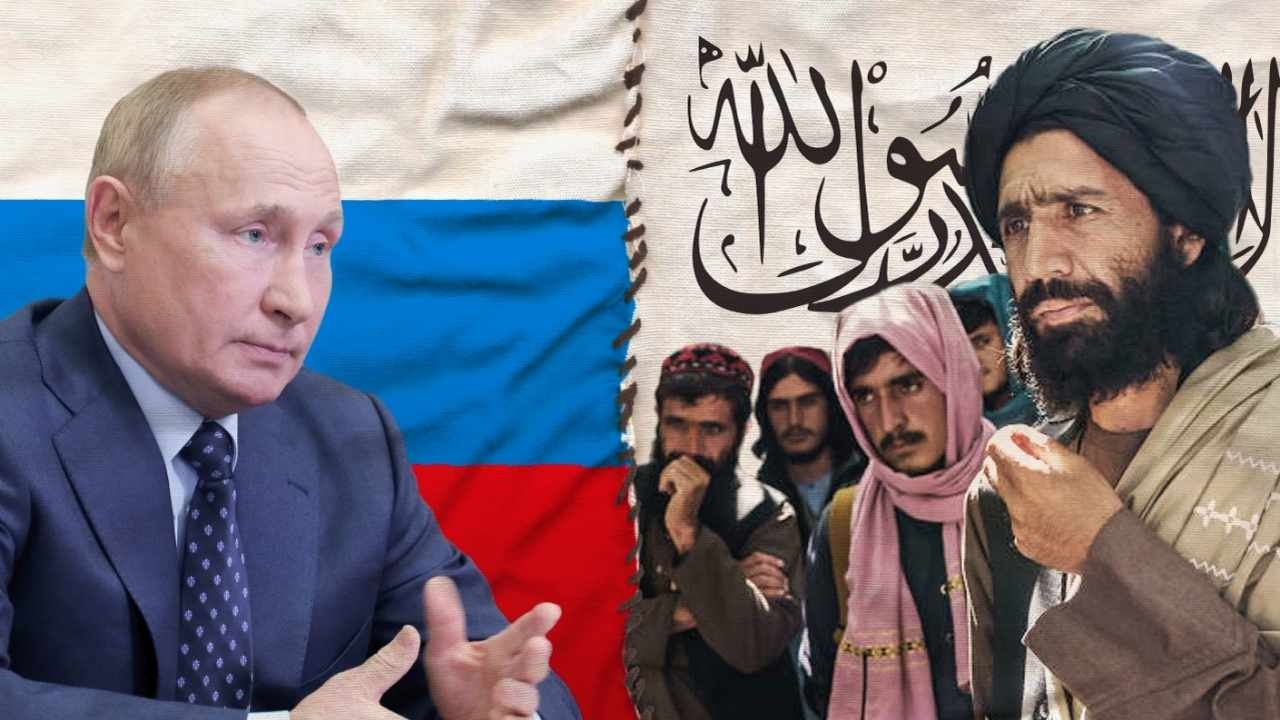
Just, Russia officially recognised the Taliban-led government in Afghanistan, becoming the first major global power to do so. This move is not just a diplomatic gesture – it represents a bold strategic realignment in global geopolitics. Nearly four years after the Taliban seized control of Kabul and came to power, this is being seen as their most significant diplomatic achievement to date. Afghanistan’s acting foreign minister, Amir Khan Muttaqi, expressed hope that Russia’s decision would set an example for other countries that have so far refrained from recognising the Taliban government. He described Russia’s move as a 'bold step'. The implications of this recognition are far-reaching – shaping regional power balances, questioning international norms, and posing a complex challenge for India.
Russia's decision reflects its evolving worldview. By recognising the Taliban, Moscow seeks to fill the vacuum left by the withdrawal of the U.S. and NATO forces from Afghanistan. It aims to position itself as a regional stabiliser and counterbalance to Western influence. Moscow’s engagement with the Taliban is driven by three key factors: regional security concerns, economic opportunities—especially in Afghanistan’s rich mineral resources—and the broader objective of challenging the Western-led global order. But the decision is also a test case for the future of international diplomacy: will recognition be granted based on effective control and stability, or will human rights, inclusion, and democratic norms remain essential criteria?
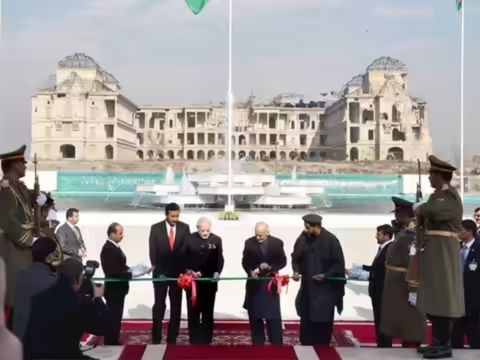
From India’s perspective, this development presents a strategic dilemma. For two decades, India was one of Afghanistan’s largest regional development partners. It built roads, hospitals, schools, and even the Afghan Parliament building. More importantly, India enjoyed goodwill among the Afghan people, a soft power asset that few countries could match. However, since the Taliban’s return to power, India has adopted a cautious, wait-and-watch approach. It has maintained backchannel communication but refrained from granting official recognition.
Russia’s move challenges this equilibrium. It forces India to re-evaluate whether its current policy of cautious non-recognition still serves its national interest or whether it risks being sidelined in Afghanistan’s evolving geopolitical game. With China, Iran, and Pakistan already engaging the Taliban, India’s isolation could gradually diminish its influence in the region.
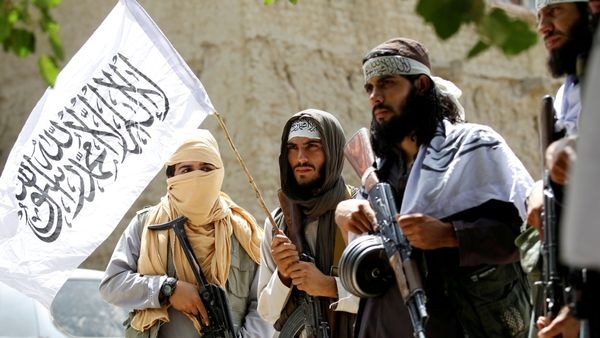
One of India’s biggest concerns remains security. The Taliban has a well-known history of harbouring anti-India terrorist elements. Given its close ties with Pakistan, there’s a real fear that Afghan soil could once again be used for anti-India operations, especially by groups like Jaish-e-Mohammed and Lashkar-e-Taiba. In this context, recognising the Taliban might legitimise a regime that poses a direct threat to Indian national security.
However, the flip side is equally critical. By staying away from the Taliban and its regional partners, India risks losing strategic space in Central and South Asia. Russia’s recognition is likely to be followed,either publicly or quietly, by other countries, especially those in the Islamic world and Central Asia. As Afghanistan opens itself to investment in its mining and infrastructure sectors, India may find itself excluded from those opportunities if it continues to remain diplomatically distant.
This moment also reflects a deeper contradiction for Indian foreign policy: principles vs pragmatism. India champions democracy, women’s rights, and inclusive governance on global platforms. Recognising the Taliban could dent that image. Yet, realpolitik demands that India remain relevant on the ground. In the world of diplomacy, a vacuum creates vulnerability, and moral positions sometimes have to be balanced with strategic needs.
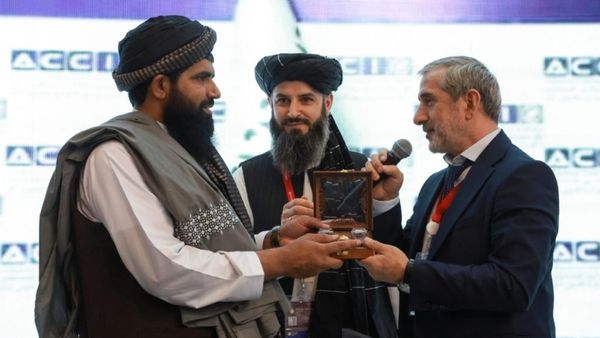
Russia’s move also fits within a broader global pattern. From BRICS to the Shanghai Cooperation Organisation (SCO), alternative global coalitions are rising, coalitions that challenge Western norms and structures. If Russia uses its recognition to push for the Taliban’s inclusion in multilateral forums like the SCO, India would find itself sitting next to a government it has yet to formally acknowledge. That would create both a diplomatic awkwardness and a strategic necessity to reassess its position.
Given these realities, India has three options. First, direct recognition of the Taliban – politically bold, but diplomatically risky. Second, a continuation of the current cautious policy of informal engagement without formal recognition. Third, complete detachment, which could mean giving up influence in a country where it has invested significant resources and goodwill.
Of these, the second path – strategic engagement without formal recognition – appears to be the most balanced and pragmatic. Through backchannels, humanitarian aid, and people-to-people contact, India can retain its foothold without compromising its core values. It can also use its diplomatic capital to push the Taliban towards moderation, especially in areas like women’s rights, education, and counter-terrorism cooperation.
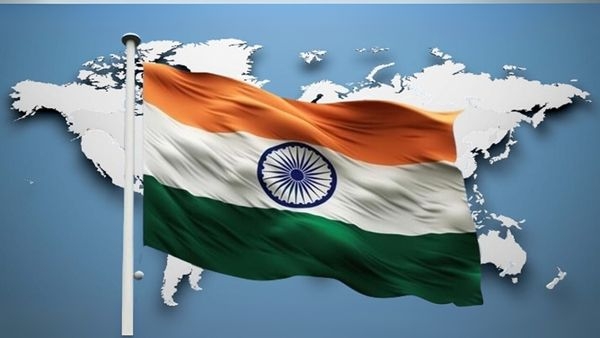
At the same time, India must press for global norms around state recognition to evolve. The international community must debate whether recognition should be based solely on de facto control or include elements of legitimacy based on governance, rights, and representation. Russia’s move threatens to undermine these values, and without global consensus, it could trigger a wave of recognitions that sideline human rights in favour of strategic convenience.
From a long-term perspective, India must prepare for a multipolar world order where traditional allies like Russia may not always align on key issues. New alignments and shifting loyalties will be the norm. In such an environment, India must diversify its partnerships, strengthen its intelligence and security capabilities regarding Afghanistan, and build flexible diplomatic tools that allow engagement without endorsement.
In conclusion, Russia’s recognition of the Taliban is more than a regional event—it is a geopolitical signal. It marks the beginning of a potential shift in how state legitimacy is defined in the 21st century. For India, it is both a warning and an opportunity. A warning that inertia in diplomacy can lead to strategic irrelevance and an opportunity to redefine its engagement with a volatile but important neighbour through a lens that balances principle with pragmatism.
Article by

Dr. Prabhat Dixit
Assistant Professor, Journalism and Mass Communication, Manipal University Jaipur

